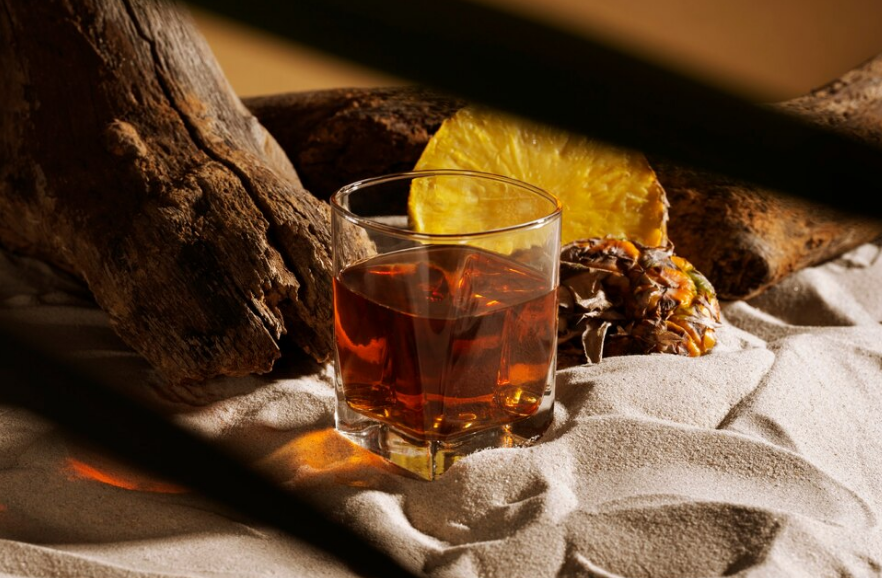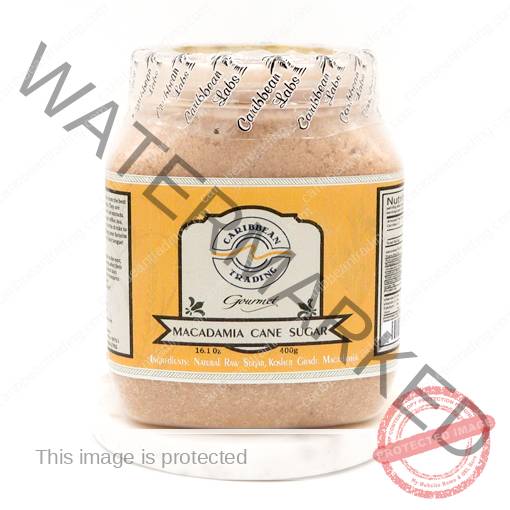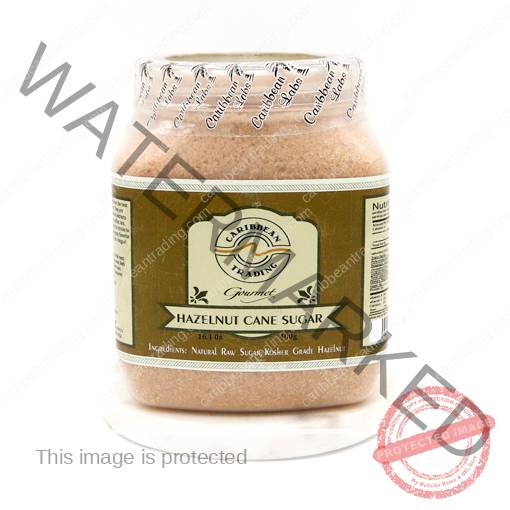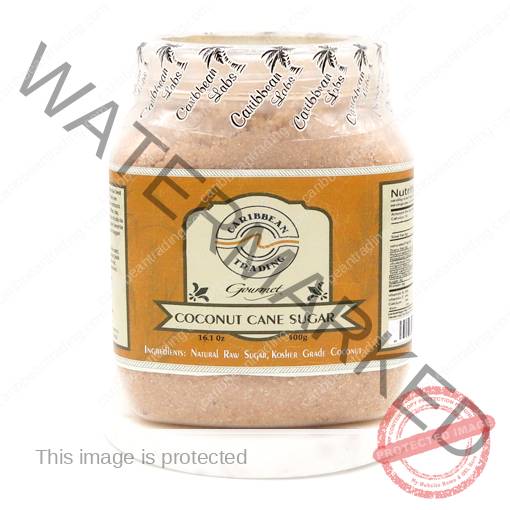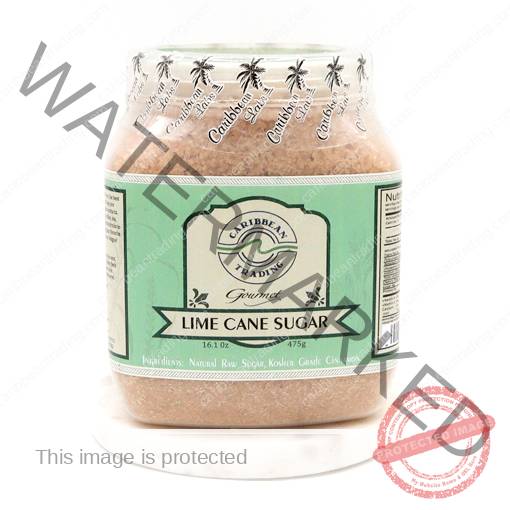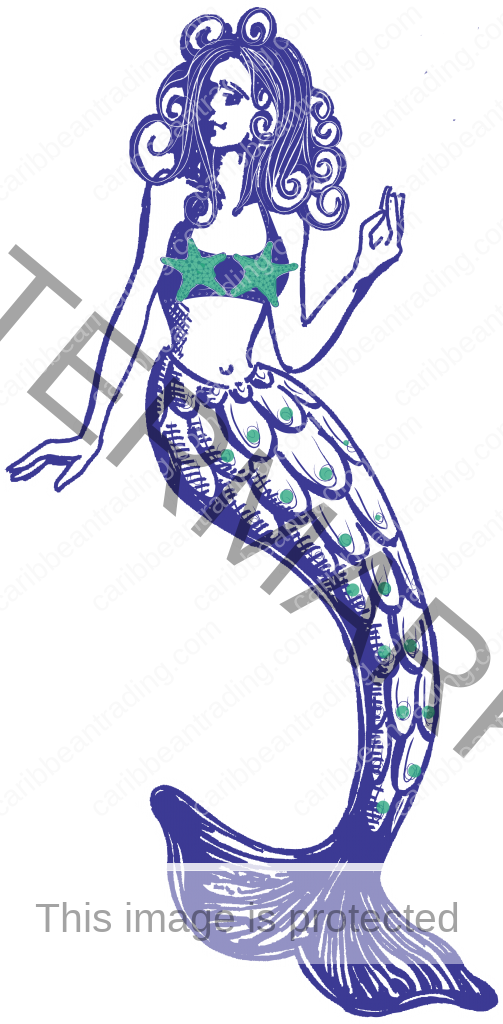Cocktails
A Glimpse of How the Best Caribbean Rum Transformed the Region
The Caribbean’s history has deep historical roots tied to rum. This iconic drink has been the heart of the region’s economic system, a way of life, and even a social element for hundreds of years.
From the sugar plantations that fueled production to the birth of unique rum brands that shaped island identities, rum remains a crucial part of the regional legacy. Explore the effect of the best Caribbean rum on the economy and culture, as well as how it continues to form the Caribbean identity.
Understanding the Origins of Rum and Sugar in the Caribbean
The roots of rum production in the Caribbean trace back to the introduction of sugarcane by European settlers, especially the Spanish and Portuguese within the early 16th century.
Sugarcane thrived in the Caribbean’s tropical climate, and shortly, sugar plantations became the backbone of Caribbean economies. But it wasn’t until African employees found that molasses (a byproduct of sugar production) could be fermented and distilled into rum. This is when the rum legacy genuinely began.
Rum production grew exponentially across many islands, including Puerto Rico, Barbados, Jamaica, and Haiti. By the 17th century, rum became the staple of a regional subculture, as well as a precious export that helped shape colonial economies.
The Economic Role of Rum in History
Rum quickly became a powerhouse for Caribbean colonies, serving as the primary export to Europe and North America. It was traded through the Atlantic, becoming a key player of the “Triangular Trade,” in which rum, slaves, and sugar had been exchanged between the Caribbean, Africa, and Europe.
This brutal system of exchange enabled European powers to accumulate vast wealth at the cost of enslaved Africans, who were pressured to work on sugar plantations to maintain the high demand of sugar and rum.
Even after the abolition of slavery, rum remained as the economic powerhouse of the Caribbean. It provided many jobs; being often produced by a small circle of family-run distilleries, creating a lasting impact throughout Caribbean communities.
In recent years, tourism and the rising demand for top-class, aged rums have introduced new economic opportunities! Today, rum exports contribute hundreds of thousands of dollars yearly to the Caribbean, with brands from islands like Barbados, Puerto Rico, and Martinique gaining worldwide acclaim.
What’s the Cultural Significance of Rum?
Rum is more than only a drink in the Caribbean; it’s a symbol of pride! Each island has its wonderful rum-making strategies, flavors, and particular processes. This reflects the precise techniques that every person has, from the light rums of Puerto Rico to the full-bodied, spiced rum foods of Jamaica.
The best Caribbean rum is actually full of traditions. Festivals such as Trinidad’s Carnival and Barbados’ Crop Over are deeply tied to the rum industry, with vibrant parades, live music, and celebrations showcasing the spirit of Caribbean culture.
Rum has found its way into calypso and reggae music festivals, in which it’s often celebrated as a symbol of Caribbean resilience and cohesion.
As for folklore and local storytelling, rum is often portrayed as a product of comfort, reflecting its very complex role in Caribbean society. This duality in rum makes it a source of joy and, on occasion, of hardship; mirroring the struggle of Caribbean locals in opposition to colonization and exploitation.
Rum and Caribbean Social Structure
The rum industry was formed in the Caribbean by organizing a rigid social structure which focused its life around the plantation. Slaves were forced to work on sugar plantations under very harsh conditions, creating a system that only favored the wealthy, held by a small, privileged part of European owners.
The legacies of this social stratification still linger in most regions of the Caribbean today, with financial disparities among descendants of plantation owners and the broader populace.
Rum shops are also a very important part of social life. These establishments are more than just places to drink; they’re spots where people can learn about history, debate, and remember old times. Rum shops provide a sense of community and belonging, being a pillar of the Caribbean community.
The Global Influence of Modern Caribbean Rum
In recent decades, Caribbean rum has evolved from a common spirit to a premium product enjoyed globally. Distilleries are experimenting with aging techniques, creating high-quality rums that compete with fine whiskeys and cognacs.
Brands such as Mount Gay in Barbados and Appleton Estate in Jamaica are celebrated internationally, bringing global recognition to Caribbean craftsmanship.
The growing tourism industry has led to a surge in rum tours and festivals. Distilleries across the Caribbean now offer immersive experiences for tourists, allowing visitors to learn about the history and production of rum while tasting different varieties.
This “rum tourism” has become a major draw for the Caribbean, particularly on islands like Puerto Rico and the Dominican Republic, where distilleries like Bacardi and Brugal offer extensive tours.
Cross-Brand Collaborations
To extend global appeal and open to new frontiers, Caribbean rum distilleries are currently conducting progressive collaborations with organizations worldwide.
For example, some Caribbean manufacturers have partnered with whiskey or wine producers to create specific rums versions in barrels formerly used for bourbon or sherry. These collaborations permit producers to exhibit their versatility and bring unique, premium offerings to the global marketplace.
Cultural Promotion Through Global Mixology
The rebirth of cocktails has sparked the appreciation for Caribbean rum, particularly among mixologists who highlight its diverse flavors in signature drinks. From classics like the Mojito and Piña Colada to inventive, locally inspired cocktails, bartenders worldwide embrace Caribbean rum as a foundational spirit.
Events like the Caribbean Rum and Beer Festival and the International Rum Conference attract bartenders, distillers, and enthusiasts alike, promoting Caribbean rum and allowing local producers to showcase their latest offerings to a global audience.
These gatherings not only elevate Caribbean rum’s profile but also celebrate the vibrant culture and spirit of the Caribbean.
Challenges and the Future of Caribbean Rum
While there are many economic benefits that come from the rum industry, there are also many challenges, especially around sustainability. The environmental impact of sugarcane farming and rum production can greatly hurt the surroundings.
Luckily, many distilleries are taking quick steps to reduce their environmental footprint. This includes waste reduction, conserving more water and doing a more responsible sourcing.
Additionally, ethical production practices are gaining attention, as consumers worldwide become more aware of the need for fair labor practices and sustainable agricultural methods.
As international interest in Caribbean rum grows, there’s a risk that large corporations could dilute the authenticity of traditional Caribbean rum. Many producers are now working to preserve traditional methods and protect local brands against competition from foreign companies that may seek to capitalize on it.
Protected geographical indications (PGIs) have become one way for some islands, like Jamaica, to protect their rum and ensure that only rums produced within the region can carry the name.
Conclusion
Rum’s story in the Caribbean is complex, reflecting both the region’s struggles and triumphs. It has left an indelible mark on Caribbean society, economy, and culture. Understanding it is vital to know how it achieved its famous status today!
While the rum industry began with a painful history of exploitation and slavery, it has transformed into a celebrated symbol of Caribbean resilience and identity. As Caribbean rum continues to gain international recognition, its unique flavors and rich history ensure that the spirit of the Caribbean lives on in every sip.
From the rum shops that bring communities together to the festivals that celebrate Caribbean culture, rum’s influence remains a defining feature of the region.


